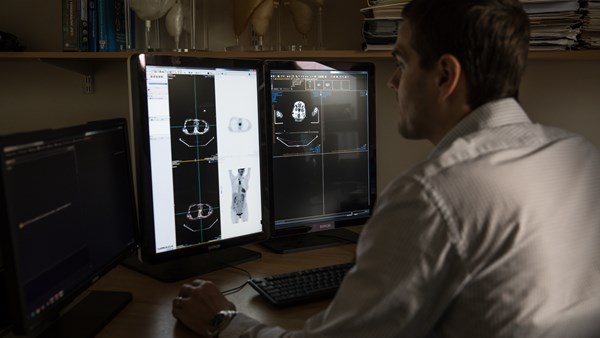
Treatment Options
There are 23 salivary gland cancers. They are all rare, and even one of the most common, Adenoid Cystic Carcinoma, affects just 5 people in every million in the UK. At present the most common form of treatment for salivary gland cancers is surgery (where this is possible) followed by radiotherapy. Working to improve the drug therapy options for patients is one of our main aims at Salivary Gland Cancer UK.
There has been some progress in other types of salivary gland cancer. For example, in salivary duct carcinoma, there is new evidence for drug therapies targeting the androgen receptor. Chemotherapy may have some role in some types of salivary gland cancer. Your oncologist will discuss with you the therapeutic or clinical trial options which are specific to your care.
Due to the wide range of these cancers, and the many different sites in the body where they can be found, from the head and neck, to the trachea, treatment journeys can vary widely. In the following pages we describe some treatments. Please note it is general information only, and it does not constitute medical advice.
You can hear Dr Metcalf talk very briefly about the main treatments for Salivary Gland Cancer, here.






